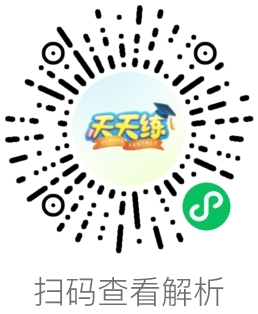15.Father and son
The other day, I was sitting in the study and working on my website, a cup of tea on the table and old songs from my computer. It was a special pleasure to have such a (1) day after weeks of hiking, snowboarding and going crazy.
"Hi dad! Want some orange juice, graybeard?" Coyote yelled (叫喊) to me much louder than (2) .
"No, just bring me some chips!" I shouted back.
One time, when I misheard what he said three times in a row, he (3) that I had become too old and started to hear worse. Since then, yelling at me has become a kind of family joke.
Pushing everything to the limit was the basis of Coyote's character. On one hand, it helped him to achieve tasks he had to do on his own, and he did great, making me proud of him. On the other hand, this brought him (4) , as he did not know when to stop. At such moments, I would behave super⁃fatherly, and give him advice and warnings that he usually ignored (忽视). When he wore a green haircut, I would try to convince(说服) him to paint it black. When he got a tattoo(文身), we had a/an (5) . All these surely drove me mad, and the big fights started. It is strange but when I was a teenager, my father would act exactly the same and it took me a long time to understand him.
"Dad, let me show you something," Coyote said as he was getting back. "Don't get too (6) , okay?" I sighed (叹气), because I was almost sure of what I was about to see.
When he (7) his T⁃shirt, I saw a new tattoo: some Buddhist symbol, I guess. Coyote has been interested in Asian culture for a long time.
"Control yourself, graybeard," I said to myself, trying not to yell something like, "Why the hell would you need another tattoo after you already made that huge first one?"
The next moment I realized that my yelling would not (8) anything; the tattoo was already on Coyote's skin.
And then I thought: "Hey, what if I get a tattoo myself?"



